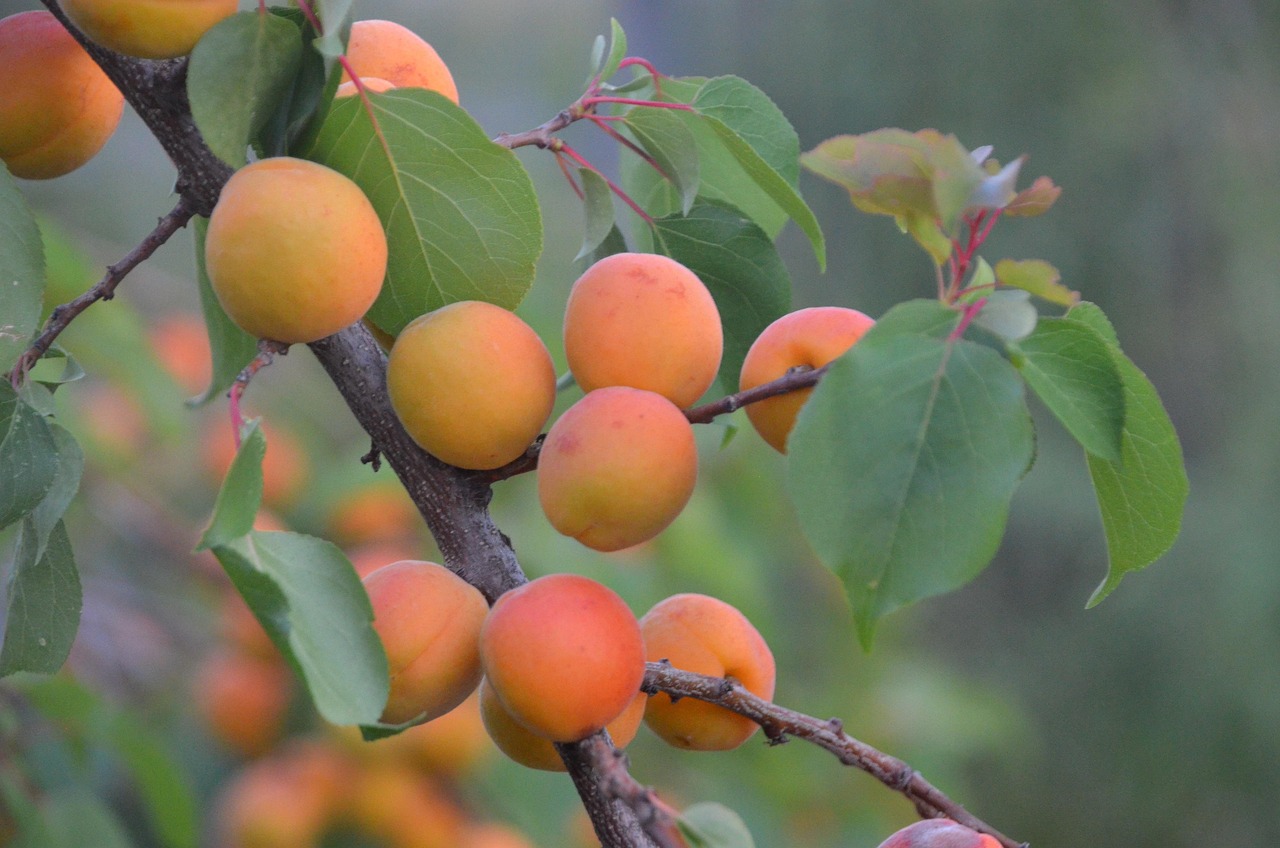
The April frosts affected 80 percent of the domestic fruit-growing area.Continue reading

Due to frequent frost damage, domestic apricot production needs to be reorganized. Therefore, the Hungarian Chamber of Agriculture (NAK) and the Hungarian University of Agriculture and Life Sciences (MATE) are launching a comprehensive research and development project this year in cooperation with producers, Világgazdaság reports. The goal is to develop Hungarian apricot varieties that are better adapted to the country’s characteristic weather conditions.
In recent years, spring frosts have regularly caused difficulties for Hungarian apricot growers. However, this year, the orchards suffered such severe damage during the spring bloom due to a prolonged cold wave and frosty conditions that 70–95% of the crop was destroyed. The frost did not only affect Hungarian apricots. Several of Europe’s key apricot-producing countries also suffered major damage.
However, the extent of the frost damage was greatest in Hungary.
One of the reasons is that the majority of Hungarian apricot orchards have been planted in locations that are ecologically less suitable or entirely unsuitable for apricot cultivation,
Világgazdaság quotes a statement from NAK.
Apricots are grown on about 5,000 hectares in Hungary, but due to the severe frost damage in recent years, the previously increasing plantation area has stagnated. Because of the severe frost damage that occurs year after year, annual yield varies greatly. While before 2018, the harvest ranged between 20,000 and 35,000 tons depending on the year, in 2023, only 6,000 to 8,000 tons of apricots were harvested in Hungary. The aim is for the sector to reach an annual production of 50,000 tons, which would also reduce the need for the roughly 3,000 tons of apricot imports currently brought into the country each year.
Apricot is one of the most popular fruit species in Hungary among both consumers and processing plants. Apricots of the right quality can be sold easily and at good prices. Therefore, increasing the production is necessary, and producers and farmers must be supported with modern, forward-looking, and practical technical information.
All this points to the need for a comprehensive and professionally grounded reorganization of domestic fruit production—especially for early-blooming fruit species—in order to ensure successful and economically viable cultivation. A new grant program announced this year supporting fruit plantation, renovation, and modernization offers a great opportunity for the renewal of Hungarian fruit production.
However, this can only be achieved if we can plant varieties that are adapted to climate change, have undergone local performance trials, are suitable for domestic conditions, and also meet market demands.
To ensure crop security, it is crucial to
This year, a comprehensive research and development project will be launched under the professional coordination of NAK, in collaboration with universities, research institutes, and producers. Their aim is to make varieties that perform well under local climate and soil conditions available, and the appropriate cultivation technologies that go with them. This will ensure a consistent, high-quality supply of apricots for both consumers and processing plants.
Via Világgazdaság, Featured image: Pixabay